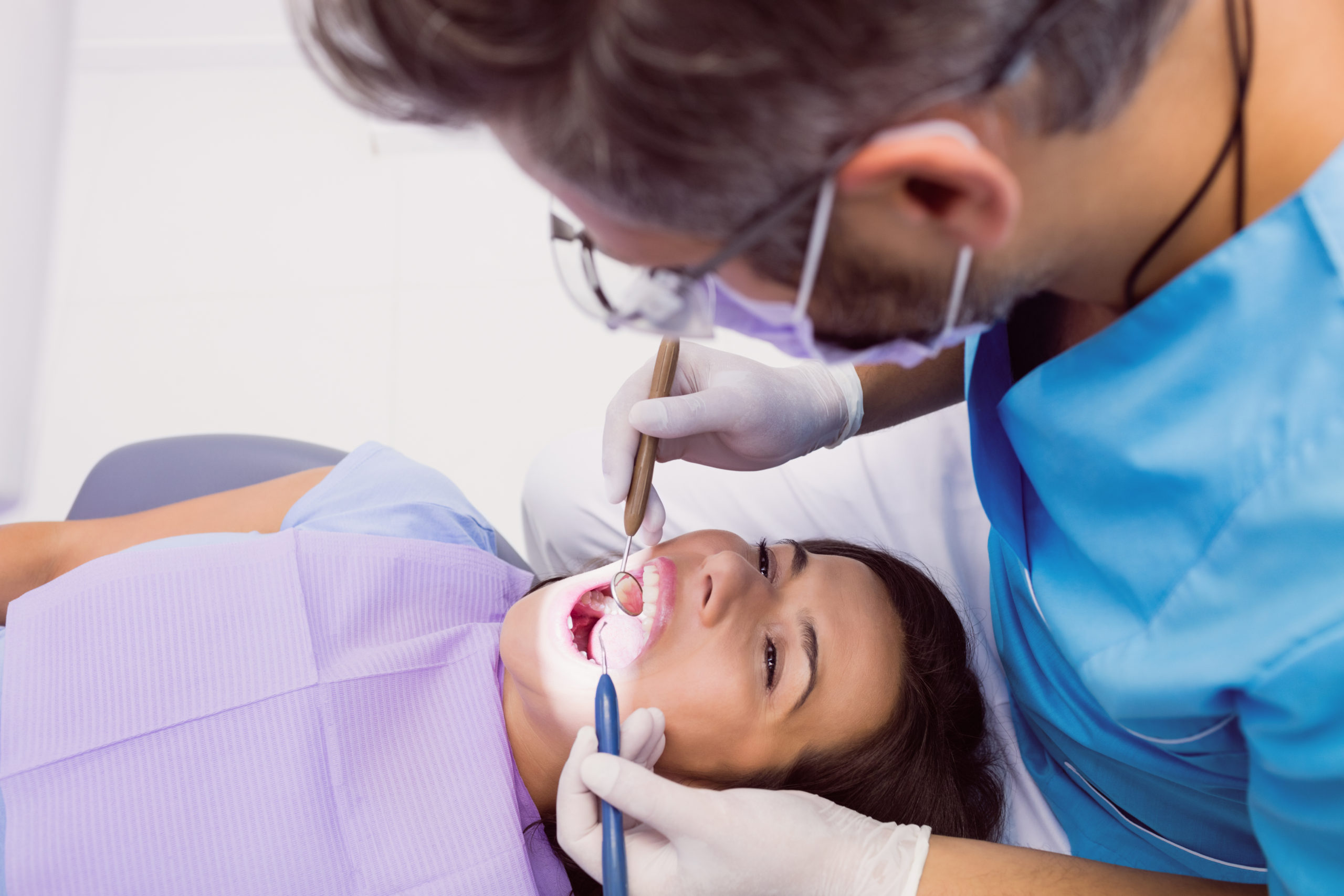Dental emergencies can occur unexpectedly, causing pain, discomfort, and anxiety. Therefore, knowing how to handle common dental emergencies is crucial to alleviate pain and minimize potential complications. This blog will discuss five common dental emergencies and provide practical tips on handling them effectively. By being prepared and knowing what to do in a dental emergency, you can ensure prompt action and better outcomes for your oral health.
Why Are Dental Emergencies So Serious?
Dental emergencies are considered severe and require immediate attention for several reasons:
Severe Pain and Discomfort: Dental emergencies often involve intense pain and discomfort. Toothaches, cracked teeth, or abscesses can cause excruciating pain, making it difficult to perform daily activities or concentrate on anything else.
Risk of Infection: Dental emergencies can lead to infections if left untreated. Conditions like abscesses or untreated tooth decay can spread bacteria, leading to localized or systemic infections. In addition, infections in the mouth can affect other body areas, causing serious health complications.
Peace of Mind: Dental emergencies can be distressing and cause anxiety. You can receive professional attention, guidance, and reassurance by seeking immediate care.
Common Dental Emergencies
Toothache or Dental Pain
A toothache or dental pain can be excruciating and disruptive to your daily life. It can indicate underlying issues like tooth decay, infection, or gum disease. Immediate attention is necessary to alleviate the pain and prevent further complications.
Knocked-Out Tooth
If a tooth gets knocked out, time is of the essence for reimplantation. Handle the tooth carefully, avoiding touching the root. Rinse it gently if dirty, and try reinserting it into the socket.
Cracked Or Fractured Tooth
A cracked or fractured tooth can lead to pain and sensitivity. Rinse your mouth, apply a cold compress, and avoid chewing on the affected tooth. Visit your dentist promptly to prevent further damage or infection.
Lost Dental Filling
Losing a dental filling can cause sensitivity and discomfort. Avoid chewing on the affected side, and rinse with warm saltwater. Use temporary dental filling material until you can see your dentist for a replacement.
Soft Tissue Injuries
Injuries to the lips, gums, or tongue can result in bleeding; pain is also considered a dental emergency. Seek dental or medical attention if bleeding persists or the injury is severe.
Handling Dental Emergencies With Emergency Dental Care
- If you have a constant toothache, rinse your mouth with warm saltwater to relieve inflammation. Use dental floss to remove any trapped food particles. Then, contact your dentist for an appointment to diagnose and treat the underlying cause.
- Rinse the tooth gently with water if dirty, but do not scrub or remove any tissue fragments. Hold the tooth by the crown, avoiding touching the root.
- Rinse your mouth with warm saltwater to clean the area. Use a cold compress on the outside of the cheek to reduce swelling. Avoid biting or chewing on the affected tooth.
The Bottom Line
In conclusion, dental emergencies can happen anytime, causing pain and distress. By knowing how to handle common dental emergencies, you can take prompt action to alleviate discomfort and minimize complications. However, it is crucial to remember that these tips are temporary solutions, and seeking professional dental care is essential for proper diagnosis and treatment. Always contact your dentist for guidance and schedule an emergency appointment when necessary. By being prepared and knowing what to do in a dental emergency, you can protect your oral health and ensure the best possible outcome.




